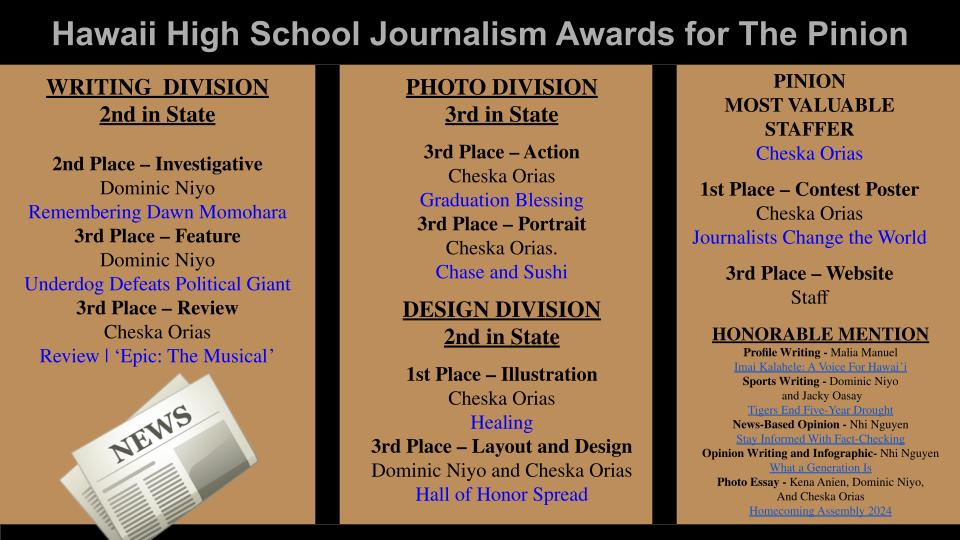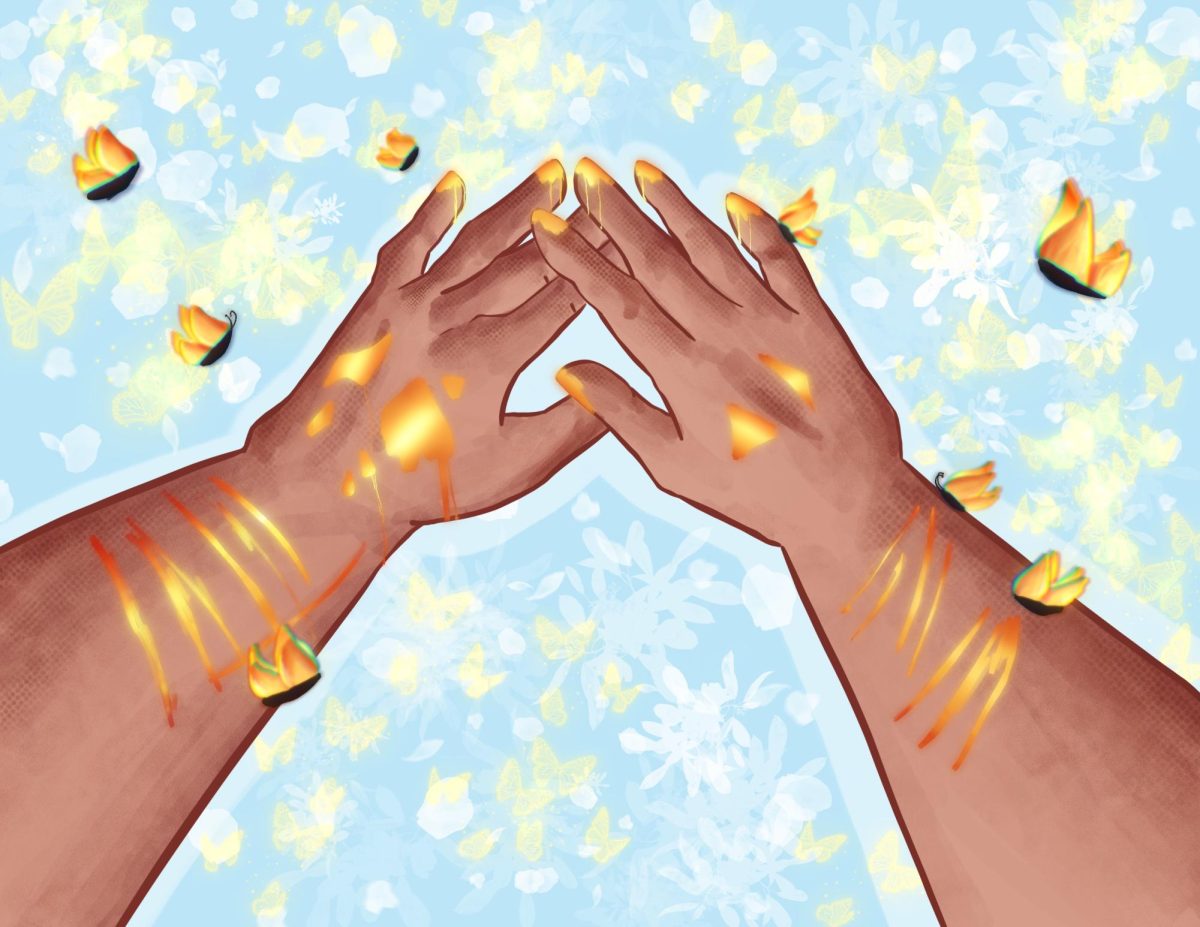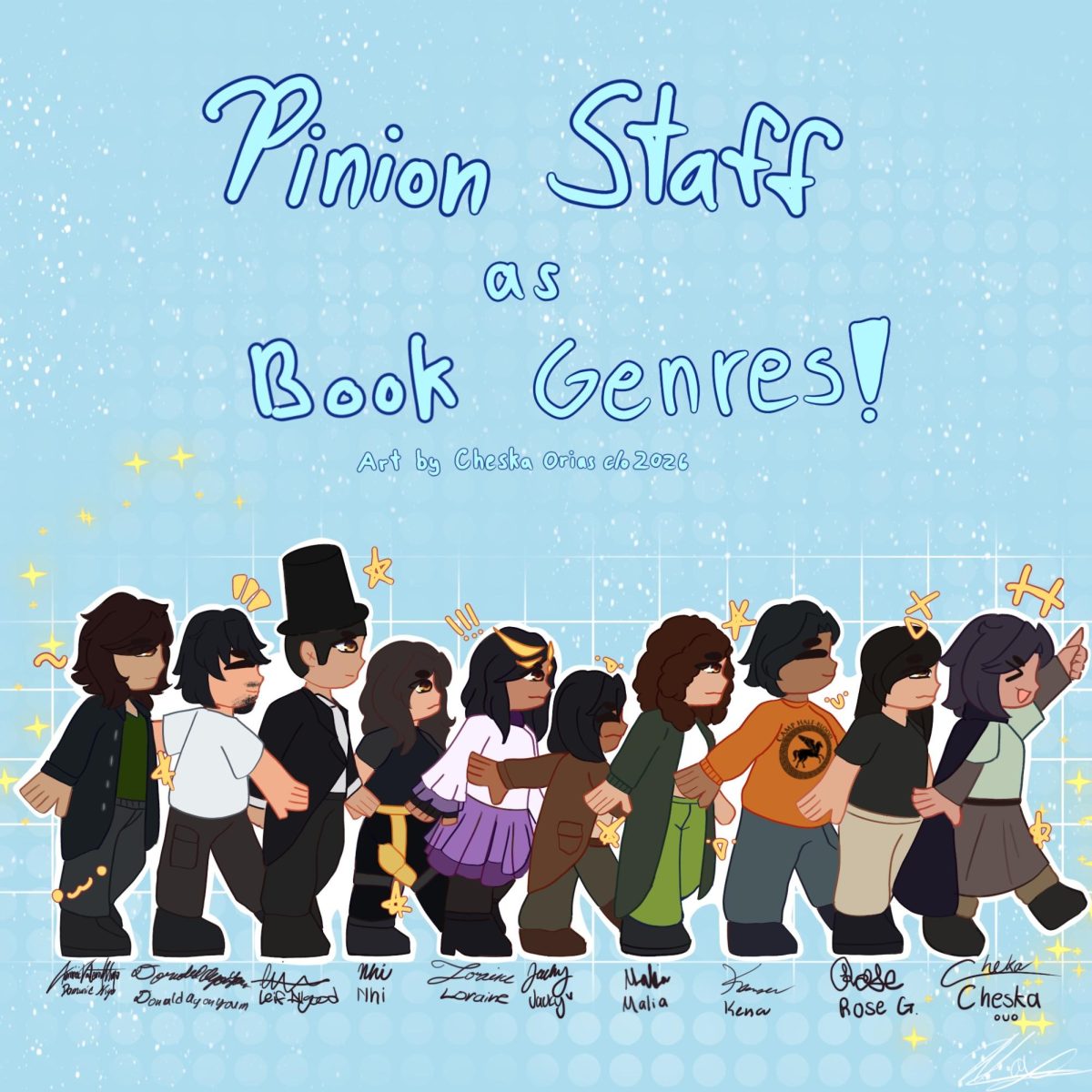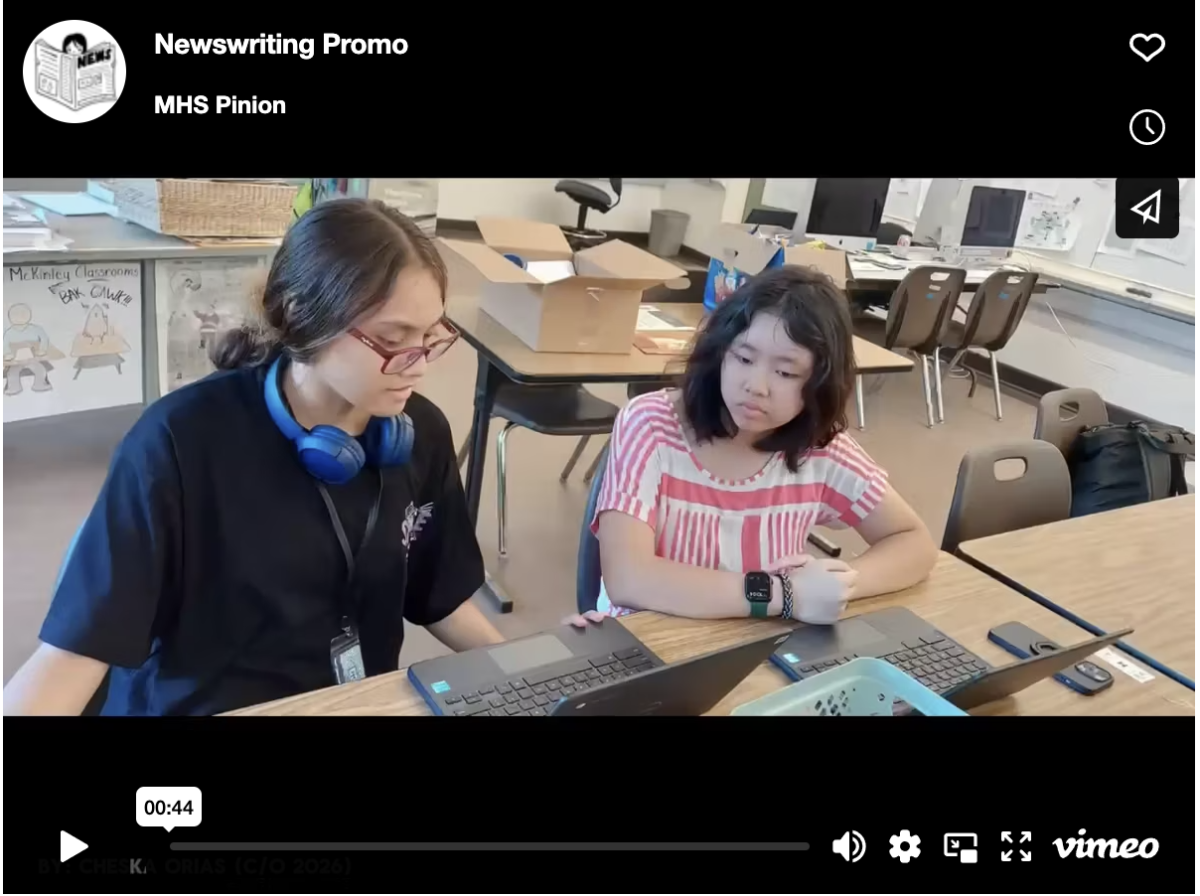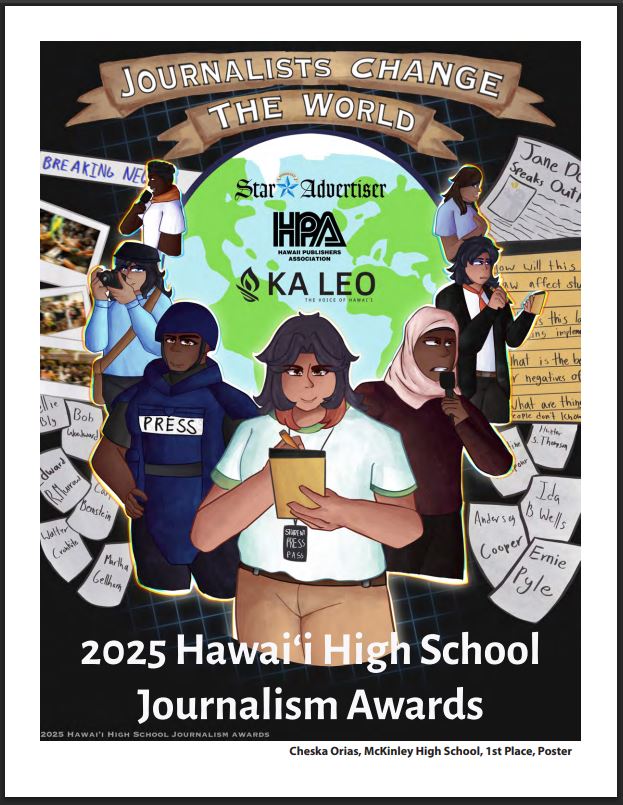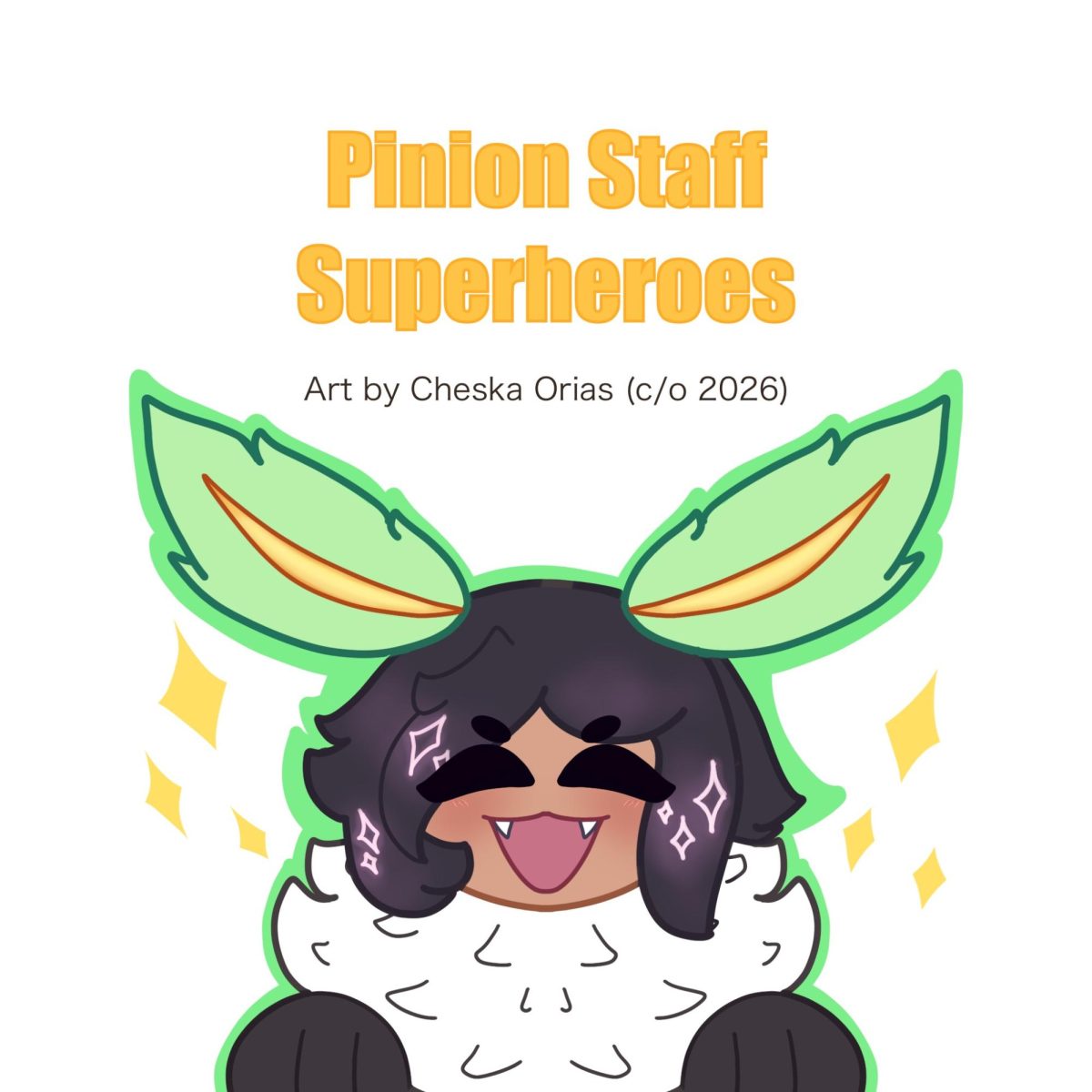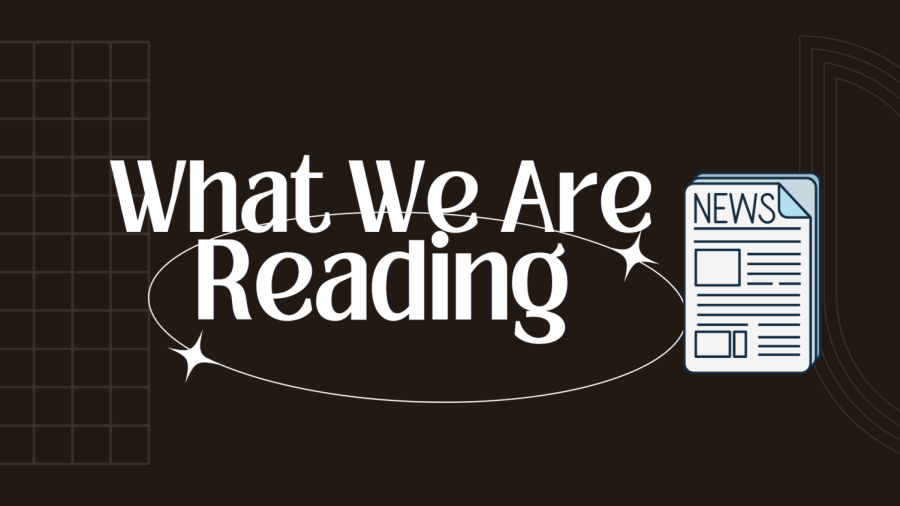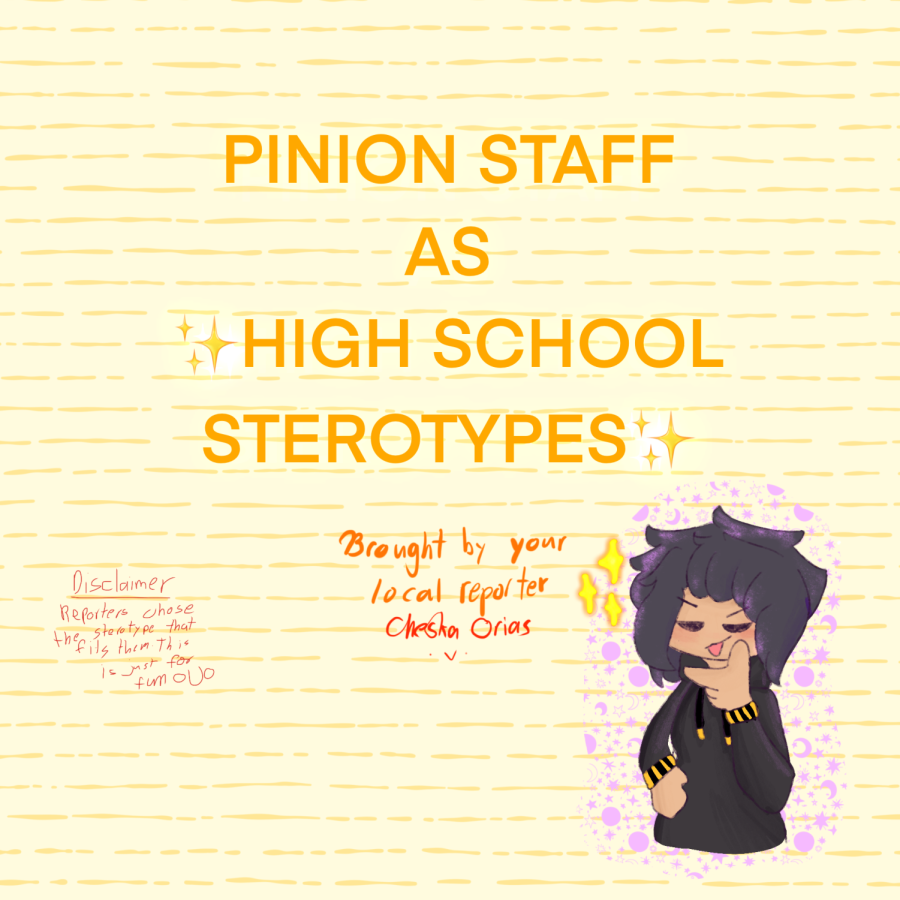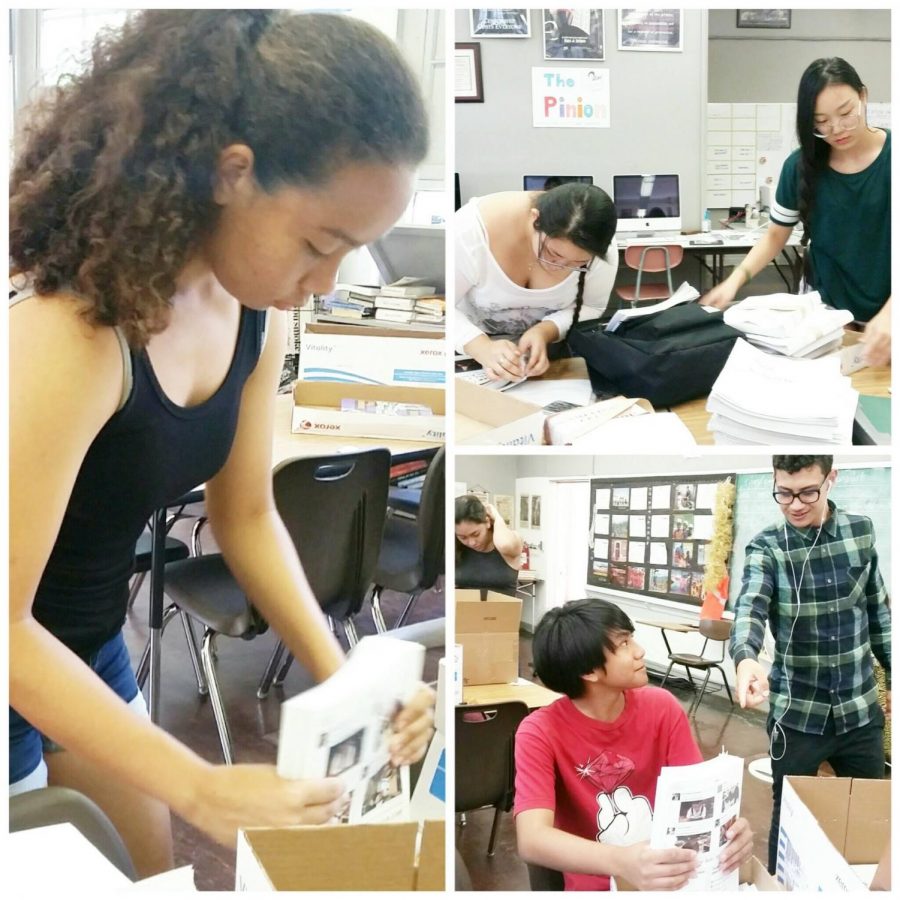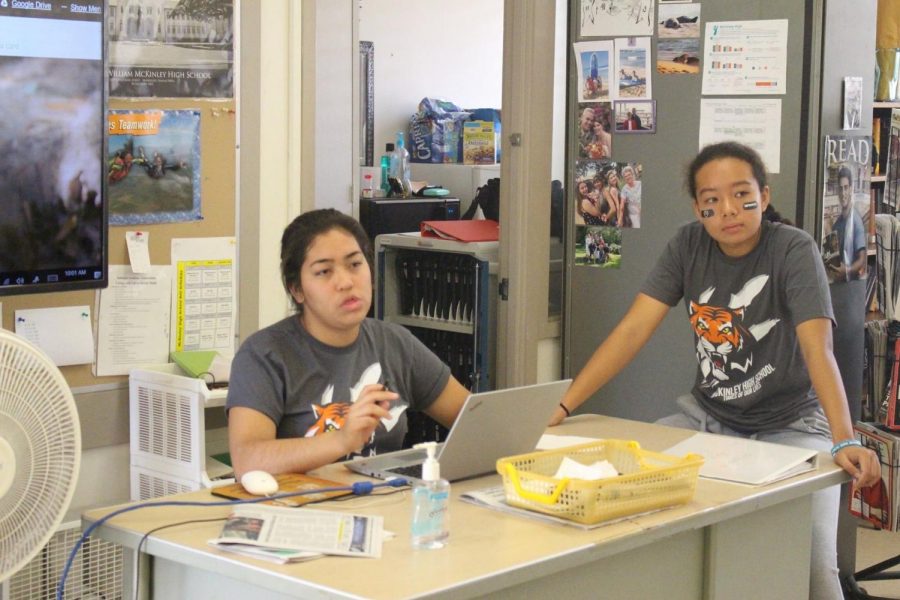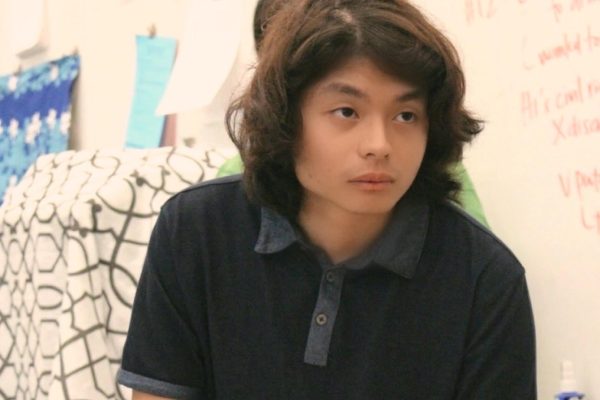PERSONAL STATEMENT
Some people say journalists are the loudest voices in the room — but I’ve often found myself more comfortable behind the scenes, listening, observing, and letting others take the spotlight. Growing up, I was that quiet student who didn’t always speak up in class or draw attention, yet I was always paying close attention to the stories people weren’t telling. That’s where my passion for journalism began: not by shouting the loudest, but by seeking the truths hidden beneath the surface.
Journalism for me is more than a craft—it’s a responsibility. Student journalism gave me the tools to turn my quiet observations into meaningful stories. It’s the pursuit of truth and the commitment to tell stories that demand attention, especially those overlooked or misrepresented. Early on, I learned that the stories most worth telling aren’t always the loudest—they’re the ones quietly shaping communities and challenging perceptions.
What drives me as a writer is the desire to give voice to those who are often unheard or misunderstood. I know what it’s like to be overlooked in a noisy world, and I want to make sure others don’t remain invisible. Thoughtful journalism can break down barriers and spark meaningful conversations where they are needed most—this is the power I want to wield.
I am fascinated by the layers beneath every headline—the complexities of human experience that don’t fit neatly into a news brief. My goal is to dig deeper, to find the stories behind the stories, and to tell them with honesty and respect. I want readers not just to know facts, but to feel connected to the people and issues that shape their world.
Through my writing, I aim to make an impact—not just by informing, but by inspiring change. I want my words to empower my community to think critically, challenge assumptions, and engage with the issues that affect their lives. Journalism is a tool for justice and understanding, and I am committed to using it thoughtfully.
At its core, my passion lies in uncovering truth and honoring the human stories that deserve to be heard. I am motivated by the responsibility to tell those stories well, and to never let the silence of the overlooked grow any louder. That commitment fuels my work every day, and I look forward to continuing this journey with integrity and heart.
For years, our football team faced defeat after defeat, and the weight of those losses was felt far beyond the field. I saw how the quiet disappointment settled over the school—the empty bleachers, the whispered jokes from other teams, the slow fade of hope. When the Tigers finally broke their losing streak, it wasn’t just a win; it was a moment of collective healing and pride. Writing this story pushed me to dig past the final score and uncover the human spirit behind the struggle—the sweat, the grit, and the refusal to give up. It showed me how stories can carry the quiet strength of a community and how, through telling them, we honor the moments that shape us all.
One of the most significant elections in Hawaii’s recent history saw a determined underdog defeat a powerful incumbent who had long represented our school’s district and held a major leadership role. This wasn’t just a political shift — it was a moment that challenged the established order and opened space for fresh, progressive voices. Covering this story, I realized how journalism can uncover the determination and resilience behind such changes, giving voice to those who often go unheard. It wasn’t just about reporting who won or lost; it was about capturing the energy of a community ready for something new. This experience strengthened my commitment to telling stories that not only inform but also inspire and empower others to see beyond what’s expected.
Exploring the legacy of annexation and its impact on the Kanaka Maoli community was more than just a research project—it was a journey into a history that too often goes unheard. Writing this story connected me to the resilience and healing that continues to shape my community’s identity today. It reminded me how journalism can honor the voices and experiences that mainstream narratives overlook, bridging the gap between past wounds and present strength. This work deepened my commitment to telling stories that carry weight beyond headlines—stories that educate, heal, and reclaim space for those whose truths deserve to be seen and felt.
Telling this story was one of the most difficult and important challenges I’ve faced as a writer. It’s a cold case that has haunted the community for decades, and speaking with the victim’s childhood friends revealed the deep pain and lasting trauma still living beneath the surface. This story demanded more than facts—it required compassion, respect, and a fierce commitment to justice. Writing it reminded me that my work isn’t just about reporting the past; it’s about keeping memories alive, giving voice to those silenced by time, and refusing to let tragedy be forgotten. Behind every unresolved case lies a human life that deserves to be honored with truth and dignity.
Writing this editorial was my way of confronting a silence that left a void where leadership and accountability should have been. When the adults stayed quiet, students didn’t just watch—they rose to fill the gap, demanding attention and action. This piece challenged the complacency that allows important issues to be ignored, and it made me realize how essential journalism is in holding institutions accountable. It’s not just about reporting facts, but about shining a light on uncomfortable truths and pushing for change. Through this, I learned that my voice—and the voices of my peers—can break through silence and inspire a community to face its challenges head-on.




